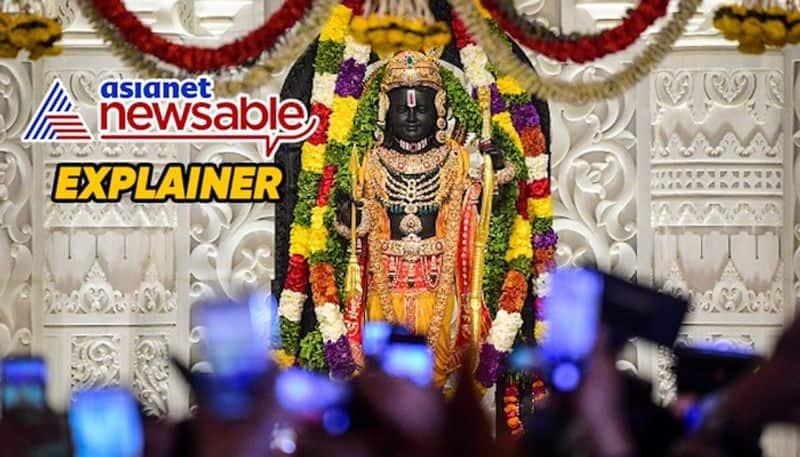
Revealed: How India Thwarted Pakistani And Chinese Hackers' Attack During Ram Mandir Inauguration
According to officials cited by the financial daily, Pakistani and Chinese hackers made concerted efforts to disrupt the websites associated with the Ram Temple, Prasar Bharti, and other digital assets crucial to Uttar Pradesh's critical infrastructure.
Also read:
West Bengal: PM Modi commutes with school children on India's first underwater Metro train in Kolkata (WATCH)
Government officials revealed that they had anticipated an increase in cyber-attacks during the inauguration period. The Telecom Security Operation Centre (TSOC) took charge of monitoring approximately 264 websites, including those associated with the Ram Temple, Prasar Bharti, UP Police, airports, UP tourism, and the power grid, among others, to preempt any cyber-attack.
During the vigilant round-the-clock monitoring, it was noted that approximately 140 compromised IP addresses were targeting the websites of the Ram Temple and Prasar Bharti. Upon identification, internet service providers were promptly instructed to block access to these IP addresses. Despite these measures, it was observed that malicious activities from these countries escalated on January 21, prompting the blocking of additional IP addresses.
An official stated, "After blocking 1244 IP addresses, the attacks reduced," highlighting the effectiveness of the proactive measures taken to safeguard against cyber threats.
Also read:
7 tourists from Punjab, Haryana claim Russian agent tricked them into joining Ukraine war (WATCH)
Another official noted that aside from foreign countries, there were attempts from within India to access the digital infrastructure, prompting remedial actions.
According to one official cited by ET, there is pride in the fact that all measures to counter the cyber-attacks were domestically developed. "Before the inauguration of Ram Temple, a similar strategy was put in place to guard the digital infrastructure during the G20 summit," he stated.
The Department of Telecommunications (DoT) leveraged indigenous artificial intelligence (AI) and machine learning technologies to forecast these cyber attacks.
Legal Disclaimer:
MENAFN provides the
information “as is” without warranty of any kind. We do not accept
any responsibility or liability for the accuracy, content, images,
videos, licenses, completeness, legality, or reliability of the information
contained in this article. If you have any complaints or copyright
issues related to this article, kindly contact the provider above.


















Comments
No comment